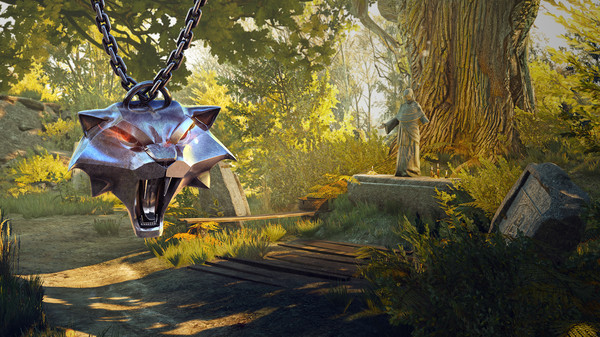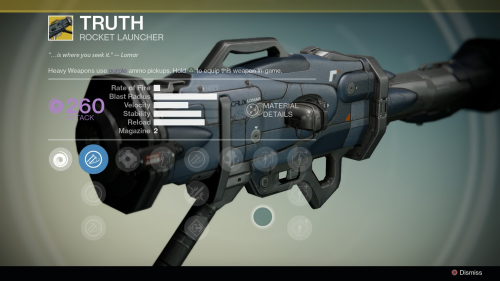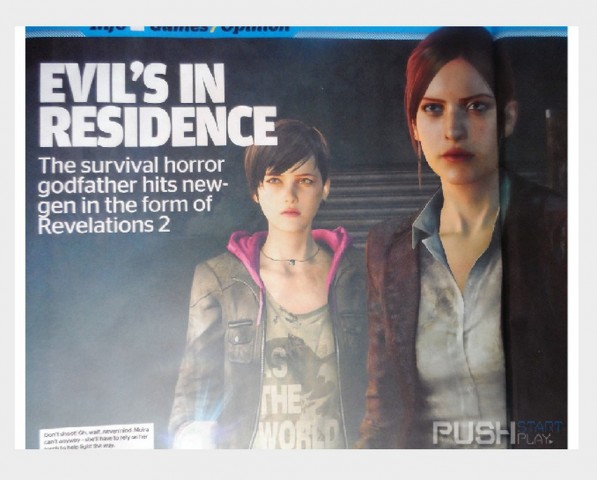

By the 3-hour mark, Metro: Last Light players will have gone through so many different experiences that they will be unsure just what kind of game they’re playing. While 4A Games works within a pretty standard FPS framework, what they do to make Last Light feel unique, despite any shortcomings, helps their title standout from the pack. Is that enough to make it worth recommending? Read on to find out.
For those unfamiliar with the series, here’s a brief introduction to the world of Metro 2033. The nuclear apocalypse has wiped out a large portion of Russia’s population, and the unfortunate survivors fled into the country’s subway tunnels to avoid exposure to radiation. For decades, humanity learned to survive in the dark metro, while the surface’s toxic environment mutated any and everything left behind. So, while the metro-dwelling humans below are forced to contend with each other for food, water, and supplies, they also live under constant threat of attack from any number of monsters.
In the first game, our silent protagonist Artyom used a missile silo to wipe out the “Dark Ones,” mutated versions of human beings. In Last Light, Artyom comes to the realization that his decision might not have been in humanity’s best interest, and so he sets off in search of a young Dark One — potentially the last one left in existence. Along his travels, Artyom will find himself pulled in every direction, as he fights with and against the warring factions that have popped up in Russia circa 2033. And while the surface’s harsh environment seems an unlikely place to travel, players will discover its creature-infested, war torn landscape is far more inviting than the dimly lit tunnels of the metro.
Last Light‘s story starts off slow and ramps up until it becomes almost impenetrable by the end. That isn’t to say it’s bad, just difficult to follow. By the end, most players will have a surface level understanding of the narrative, but the various supernatural elements at play left me more than a little confused.
While it would be easy to bill Metro: Last Light as a traditional FPS, there’s a lot more to it than that. It might not have the open world environment of a Fallout or Far Cry, but Last Light‘s combat, specifically in sequences with human enemies, offers just as much freedom as either of those games. As players alternate between genuinely creepy survival horror sequences and straightforward but fast-paced shootouts, there are sections (usually enemy hideouts or outposts) that can be completed in any number of ways.
Players can rip through them as they would a standard shooter, or they can keep to the shadows and finish the entire level without killing a single enemy. Or, if so inclined, players can stealth kill a few enemies, start a firefight with a small group, and then slink back off to the shadows. Both approaches are satisfying, and both are perfectly viable.
When up against non-human enemies however, the combat becomes more of a mixed bag. The shooting mechanics are perfectly competent, but the non-human enemies don’t encourage the type of creativity that the human ones do. There are one or two sequences early on involving spider-like enemies that are pretty creative, but the rest of the creature encounters are fairly dull. While human enemies will have some sense of self-preservation, and will actively pursue the player based on their last known location, most of the creatures will do nothing more than charge headfirst.
Looking at the gameplay as a whole, though, Metro: Last Light has a lot to offer. 4A Games borrows from several different genres (stealth, survival horror, pure action), and finds a way to make each work in their game world. It’s only when the game pushes towards its conclusion that it starts to come off the rails. In other words, the freedom goes away, and the game starts to feel like a derivative shooter. It’s because the game world in Metro is so delightfully inventive and rich with detail that a lot of players will forgive most of the gameplay’s shortcomings.
Even though the gameplay is uneven, most will press forward through Metro: Last Light undeterred. Players who love to poke around will especially enjoy Metro, as whole sections of the game are devoted solely to creating a sense of place. Every level feels like it has its own personality, and was designed specifically for gamers wanting to eavesdrop on every conversation, and look in every corner. It should also be mentioned that the dimly lit tunnels and arid, above-ground environments look exceptional on the PC. 4A Games’ engine is capable of some truly impressive visuals. Character animations, on the other hand, look a little too stilted.
The game also has dozens of little flourishes – like being able to wipe blood off your gas mask, or charging your flashlight with a hand crank – that help add to the ambience and the atmosphere. Few games can pull off the no-HUD option while still communicating all the pertinent information, but Last Light succeeds and then some. Design is obviously only one part of the final product, but 4A deserves high praise for innovation and creativity.
By the time the credits roll on Metro: Last Light, players might be unclear on the story, a little shady on the player character’s motivations, and a little underwhelmed by a somewhat derivative third act, but those few gripes shouldn’t overshadow what the game gets right. A game world that’s well worth exploring, and some genuine variety in the gameplay help take what could have easily been a standard shooter, and made it an overall enjoyable experience.
The game is by no means perfect, but what Last Light gets right it does so with a need not to get by, but to be original. Few games offer fast-paced action and moody, atmospheric exploration, and even fewer can believably make those two work. Had it stuck the landing and lost some of the mindless shooting galleries, Metro: Last Light might have rivaled some the best shooters this generation has to offer. Even so, it’s still well worth checking out.
Are you looking forward to Metro: Last Light? Let us know in the comments below.
Metro: Last Light releases May 14, 2013 for the PC, Xbox 360, and PS3. Game Rant was provided the PC version for this review.




 Most Popular Chrome Extensions and Posts of 2015
Most Popular Chrome Extensions and Posts of 2015 How to use Destiny Exotic Truth Rocket Launcher, Everything you need to know about Truth
How to use Destiny Exotic Truth Rocket Launcher, Everything you need to know about Truth PS4 Role Playing Games List
PS4 Role Playing Games List How to Fix Resident Evil Revelations 2 Launch issues, Random Crashes, Download, Missing dll Errors, Freezing issues and more
How to Fix Resident Evil Revelations 2 Launch issues, Random Crashes, Download, Missing dll Errors, Freezing issues and more Catherine cheats and unlockables guide
Catherine cheats and unlockables guide